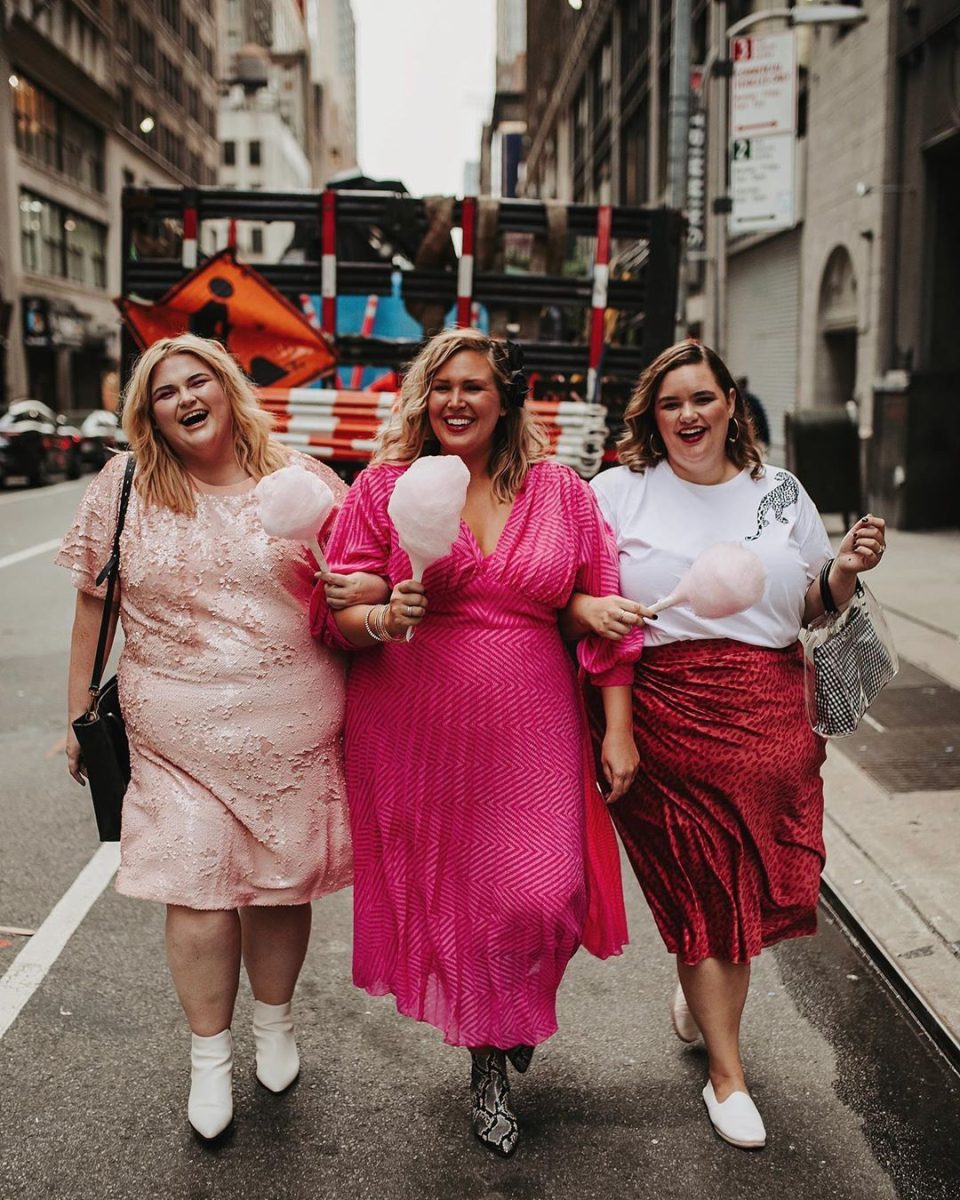 Why Women Feel Bad About Their Appearance
Why Women Feel Bad About Their Appearance

Society’s ideas about what is beautiful can have a subtle but powerful effect on our minds, especially on women. Studies show that women are more prone to underrating their physical attractiveness compared to men, potentially indicating a greater susceptibility to cultural beauty ideals. This could be attributed to the disproportionate scrutiny and judgment placed upon women’s bodies in society. However, numerous factors contribute to why women may view their appearance in a more negative light than men. Continue reading to explore the various reasons behind this phenomenon.

Self-Esteem vs. Body Image
Until recently, scientists assumed that women naturally had less confidence than men. Surveys in the past were indicative of men having higher self-esteem than women. But a 2011 study from the University of Basel showed an evidence gap in this previous study. This new study, which surveyed 7,100 young adults revealed that women have just as much self-esteem as men.
Still, despite having a good sense of self-esteem, studies show that women generally do not feel as good about their appearance. Apparently, this could be due to concerns about body image. Despite both genders experiencing dissatisfaction with their bodies, research suggests that women tend to be more dissatisfied than men, particularly with regard to weight issues. In fact, the majority of female dissatisfaction is focused on feeling “being too fat.”
These concerns about being overweight are likely to stay in the minds of women for two very impactful reasons. The first is that weight and the risk of obesity are becoming a global epidemic as years pass. The second reason is that the concept of weight and being slender becomes more relevant as women enter the professional world and adulthood in general, as studies show that being slender is closely related to being seen as more professional.

Evolution and Concern with Appearance
While these factors mentioned above are determining factors, the underlying thread that connects them all is perception. Women are likely to be more concerned with their appearance simply because of how others perceive them. Women are more likely to be perceived and feel subject to the opinions of others on a harsher scale, as opposed to men. This is true down to the most minuscule details of physicality. The concept of what is known as “lookism” comes into play here, with women being judged and evaluated by men based on their appearance.
There are programmed attractions that we all have for the opposite sex that exist within us on an evolutionary scale. Sexual selection gives us preferences and tendencies toward attraction to certain physical features. For example, facial hair on a man is seen as more attractive than on a woman. Additionally, women are expected to keep up a more youthful and flawless appearance into old age, whereas aging in men is seen as distinguished and handsome.
This is based on what online sources call evolutionary psychology. This concept implies that women who are aging are less likely to be fertile and able to conceive, making them less desirable partner for men. While this is an outdated and sexist view of beauty and attractiveness, it is partially rooted in our need for survival and mating with members of the opposite sex who are most likely to sustain our needs on a primal level. The issue arises when we let these base and antiquated views of sexuality and attraction drive the way we treat and view women.

Sex Sells: Evolutionary Psychology
Industries that rely on archaic beauty ideals perpetuate harmful attitudes toward women, creating a culture of objectification and scrutiny. Consumerism thrives on this, and industries like beauty, movies, and entertainment take advantage of the constant focus on how women look. This toxic cycle reinforces the idea that women should put their looks ahead of everything else in their lives, which can lead to an unhealthy fixation on how they look.
The premise that “sex sells” is based on the over-infatuation with women’s sexuality. There is a global fixation of not only focusing on women’s bodies, but also controlling its imagery to use it for personal and financial gain. Because women have been taught to fixate on their appearance, and men have been taught to covet the fleeting idea of a woman’s youthful beauty, industries focus on holding this idea of youth and beauty to such an unachievable standard that women must continuously spend money on chasing it.
Related posts
- 10 Benefits of Reading: Why You Should Read Every Day - Health , Alzheimer's , Amazon , Barnes & Noble
- Choosing Bedroom Colors: The 5 Best Colors for Blissful Sleep and Style! - Home & Garden , Bedroom Design Ideas , Bedroom Trends , Color Psychology
- The Keto Diet: Pros, Cons And Tips - Fitness , 1920s , athletes , calories
- How to Recognize Fake Love: Red Flags to Watch For - Relationship , mental health , psychology , Relationship
- Chic and Functional: The Best Modern Cat Furniture for Stylish Pet Parents - Lifestyle , cat tree , pet
Latest posts
- Decluttering Before Deep Cleaning: A Comprehensive Guide - Home & Garden , Decluttering , home
- The Graceful Shift: Embracing 12 Transformative Changes After 50 - Beauty , health , mental health , psychology
- The Exit Strategy: Financial Steps to Reclaim Your Life from a Toxic Marriage - Lifestyle , mental health , Relationship , Toxic Marriage
- 10 Fun and Fulfilling Hobbies That Cost Next to Nothing - Lifestyle , hobby , mental health
- 12 Reasons Men Walk Away from Relationships—And What They Really Mean - Relationship , psychology , Relationship
- What Plus-Size Women Secretly Wish Their Partners Knew About Dating Them - Relationship , plus size , plus-size women , Relationship
- The Duchess We Adore: 10 Reasons Kate Middleton Continues to Inspire - Entertainment , Kate Middleton
- Cute vs. Hot: Decoding Male Appeal - Relationship , cute guy , hot guy , psychology
- 12 Things A Woman First Notices In a Man - Relationship , psychology , Relationship
- The Impact of Long-term Singlehood: 6 Positive and 6 Negative Effects - Lifestyle , mental health , psychology , Singlehood